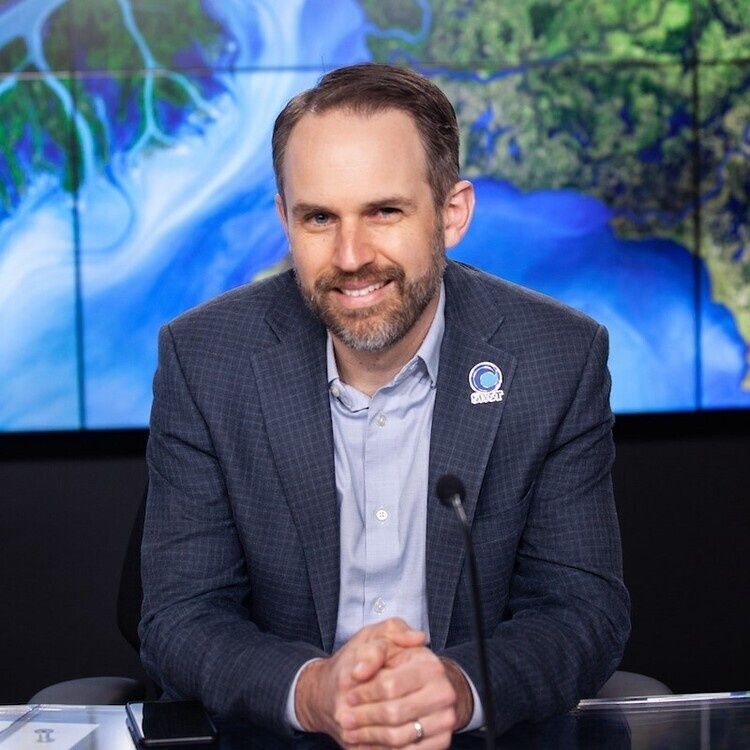
Tamlin Pavelsky: New Tools for Adapting Hydrologic Science to Address Societal Needs
Abstract: As a society, water is both our greatest resource and among our greatest threats. As such, hydrologic science is naturally suited to directly addressing societal needs. Doing so effectively requires creative adaptation of existing methods and the development of new approaches combining disparate advances in field instrumentation, remote sensing, large dataset development, and community-engaged science. In this talk, we will explore three cases studies focused on using newly developed scientific approaches and datasets to address societal problems. First, we will examine the problem of Earth’s >6 million lakes, most of which are not regularly monitored although they provide key economic and natural services. Lake Observations by Citizen Scientists and Satellites (LOCSS), a NASA-funded project, is focused on bridging the gap by combining satellite resources and community monitoring on five continents. Second, we will discuss the fragmentation of Earth’s rivers by dams and the development of a new dataset to identify obstructions beyond simply large, reservoir-forming structures. Using this dataset, it may be possible to better identify which river obstructions are both feasible to remove and would substantially improve river connectivity. Finally, we will examine the problem of observing sediment transport in boreal rivers in the presence of ice, which affects riverbank communities through impacts on flooding, navigation, and ecology. Through the development and deployment of new, low-cost sediment sensors and engagement with local communities, we are finding new ways to understand the movement and deposition of sediment in northern rivers as climate change and development increasingly alter these systems.
Bio: Dr. Tamlin Pavelsky is a professor of global hydrology in the Department of Earth, Marine and Environmental Sciences at the University of North Carolina at Chapel Hill. He earned his Ph.D. in geography from UCLA in 2008. His research has focused on understanding the global distribution of water in rivers, lakes, and mountain snowpack using satellite imagery, field measurements, and regional climate models.
Cornell Atkinson Center for Sustainability and Biological and Environmental Engineering welcome Tamlin Pavelsky as a 2024 Distinguished Speaker in Sustainability.